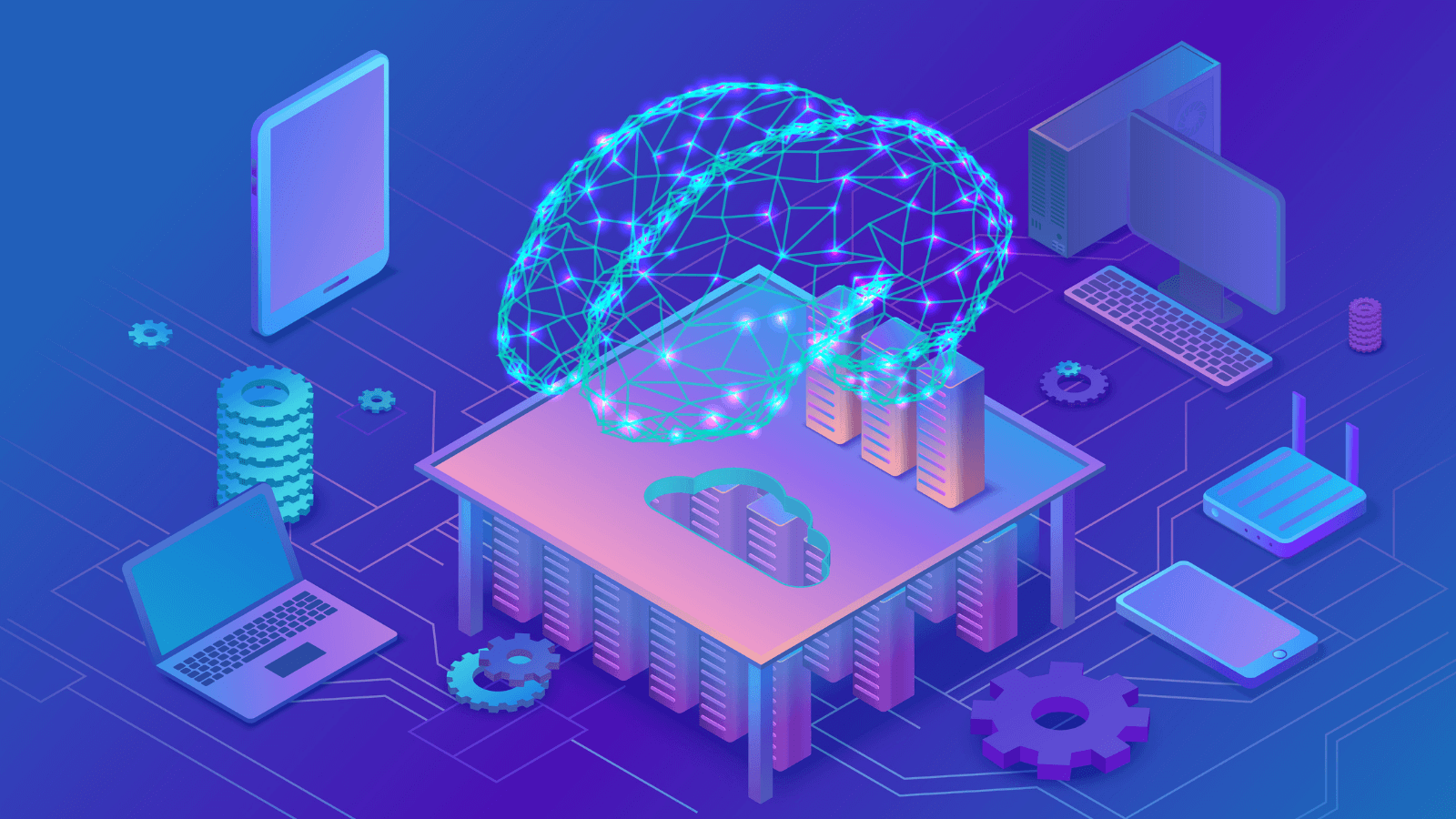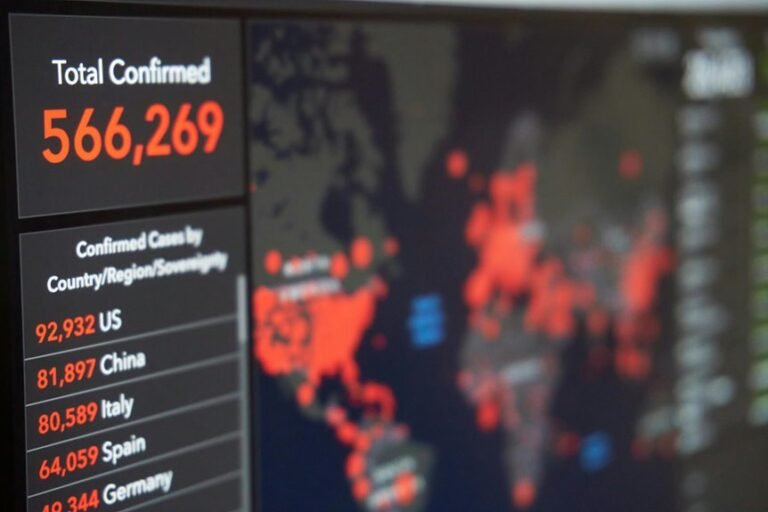How Artificial Intelligence Is Changing Our World

Artificial Intelligence is reshaping multiple facets of contemporary life. From enhancing everyday convenience to driving efficiency in industries, its influence is undeniable. Businesses are adopting AI to optimize operations, while creative fields are witnessing innovative collaborations. However, these advancements prompt significant ethical questions. As society embraces AI’s potential, it is crucial to consider both the benefits and the challenges ahead. What implications will these transformations hold for the future?
The Impact of AI on Daily Life
As artificial intelligence continues to evolve, its influence on daily life becomes increasingly profound and pervasive.
Smart home technology, powered by AI, enhances convenience, allowing individuals to control their environments effortlessly. Personal assistants, such as virtual voice-activated tools, streamline tasks and improve productivity.
This integration fosters a sense of autonomy, empowering users to reclaim their time while navigating a world rich with technological advancement.
See also: How Big Data Is Shaping Marketing Strategies
AI in Business and Industry
While many sectors grapple with the complexities of modernization, the integration of artificial intelligence in business and industry has emerged as a transformative force.
AI-driven automation solutions streamline operations, enhancing efficiency and reducing costs.
Additionally, data analytics empower organizations to make informed decisions, driving growth and innovation.
This shift not only increases productivity but also cultivates a competitive edge in a rapidly evolving marketplace.
Transforming Creativity and Innovation
The influence of artificial intelligence extends beyond operational efficiencies in business and industry; it is also reshaping the realms of creativity and innovation.
AI-generated art enables unprecedented creative collaboration, merging human intuition with machine precision. In virtual storytelling and music composition, AI tools inspire artists, fostering new narratives and soundscapes.
This synergy liberates creators, expanding the boundaries of artistic expression and innovation.
Challenges and Ethical Considerations of AI
What challenges and ethical considerations emerge as artificial intelligence becomes increasingly integrated into various aspects of society?
Key issues include bias mitigation, as AI systems may perpetuate existing prejudices, and privacy concerns, as vast amounts of personal data are processed.
Addressing these challenges is crucial for fostering trust and ensuring that AI technologies enhance societal freedom without compromising individual rights or ethical standards.
Conclusion
In summary, the transformative influence of artificial intelligence permeates daily life, business, and creative endeavors. A striking statistic reveals that, by 2030, AI could contribute up to $15.7 trillion to the global economy, underscoring its potential to reshape industries and improve living standards. However, as society stands on the brink of this AI-driven future, it is imperative to navigate the ethical dilemmas it presents, ensuring that these advancements benefit humanity as a whole, rather than exacerbate existing inequalities.





